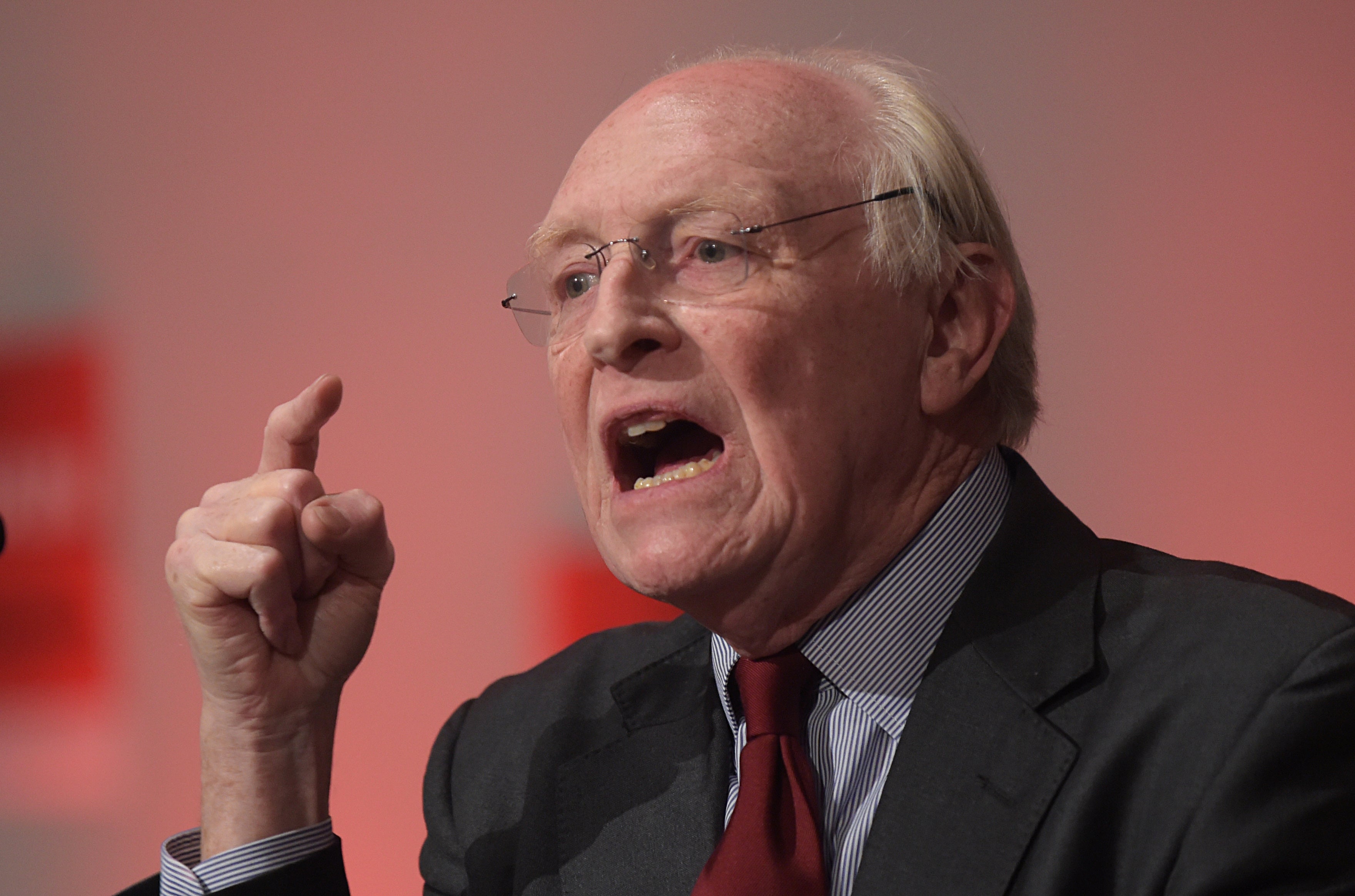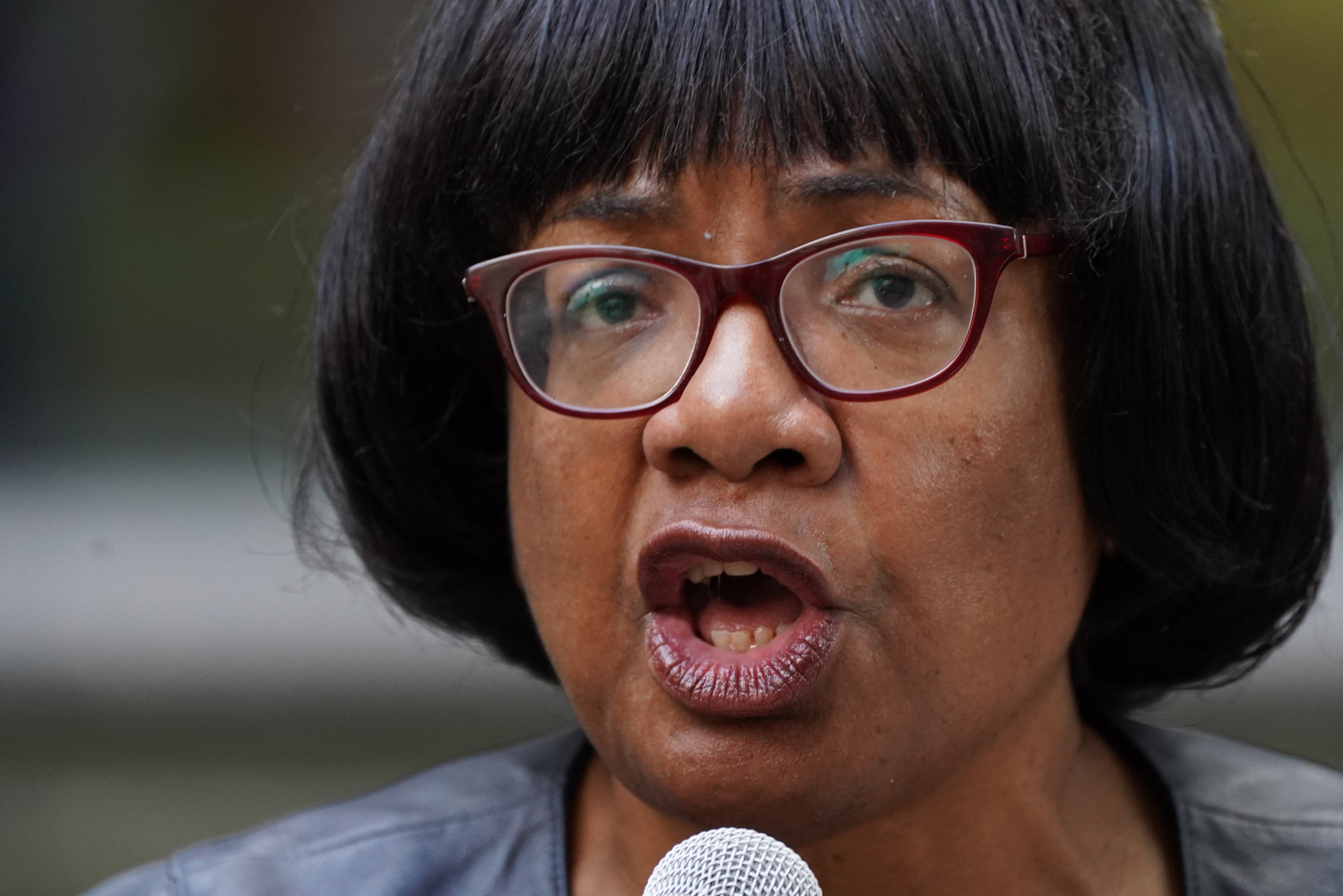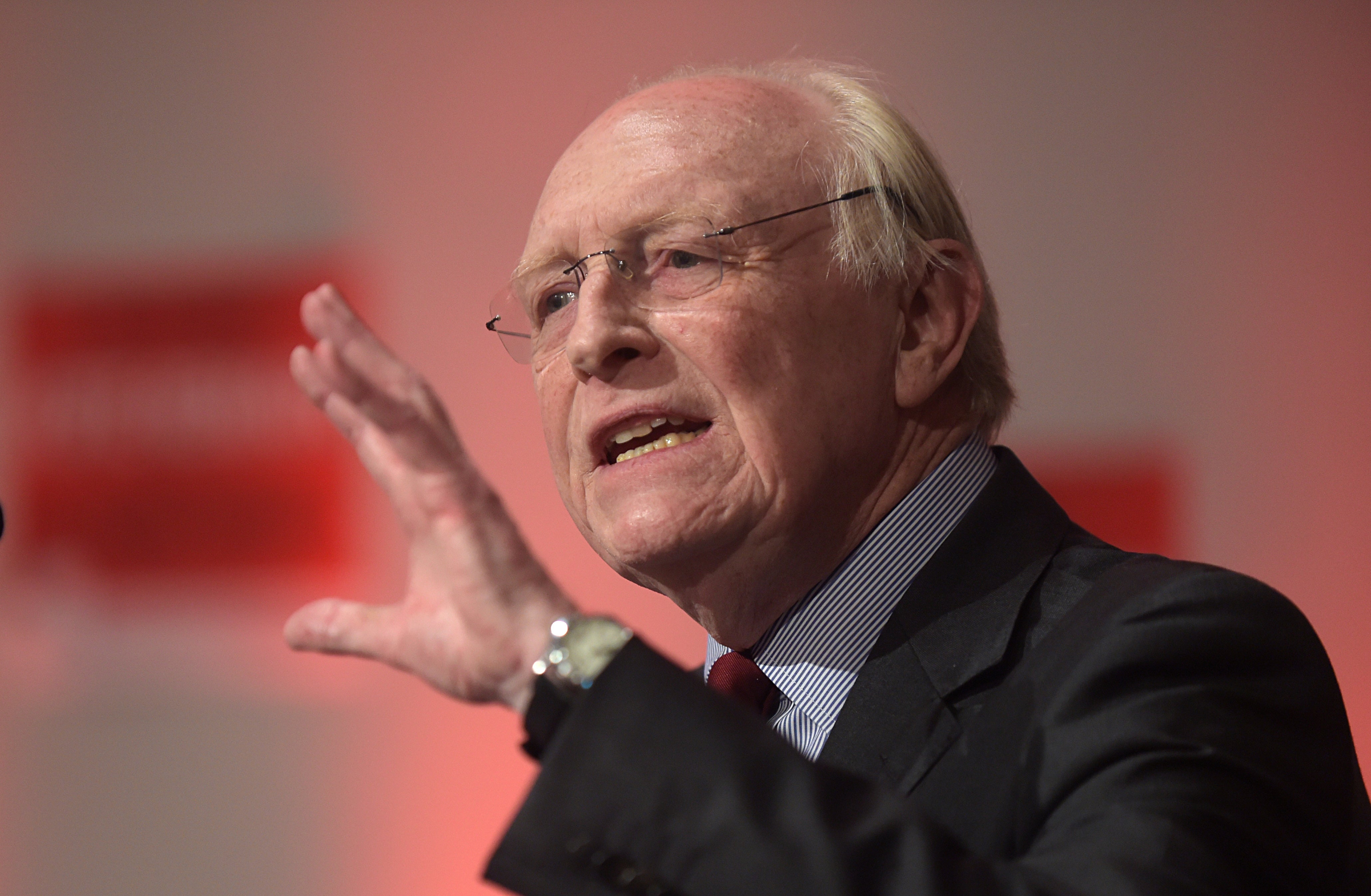Neil Kinnock thought Black MPs were ‘an embarrassment’, claims Diane Abbott in memoir
In her book, ‘A Woman Like Me’, the MP for Hackney North and Stoke Newington is deeply critical of Lord Kinnock’s leadership

Your support helps us to tell the story
From reproductive rights to climate change to Big Tech, The Independent is on the ground when the story is developing. Whether it's investigating the financials of Elon Musk's pro-Trump PAC or producing our latest documentary, 'The A Word', which shines a light on the American women fighting for reproductive rights, we know how important it is to parse out the facts from the messaging.
At such a critical moment in US history, we need reporters on the ground. Your donation allows us to keep sending journalists to speak to both sides of the story.
The Independent is trusted by Americans across the entire political spectrum. And unlike many other quality news outlets, we choose not to lock Americans out of our reporting and analysis with paywalls. We believe quality journalism should be available to everyone, paid for by those who can afford it.
Your support makes all the difference.Diane Abbott has claimed former Labour leader Neil Kinnock viewed his black MPs as “an embarrassment”.
Ms Abbott, who is the longest-serving black member of parliament, was elected alongside three other black Labour MPs in 1987.
In her book, A Woman Like Me, the MP for Hackney North and Stoke Newington is deeply critical of Lord Kinnock’s leadership, accusing him of “dismissing the concerns of Black people”.
Recalling her experience after being elected, Ms Abbott said she and her fellow black Labour MPs felt they were “not allowed to bask in the glory of our achievement” as both the party leadership and officials “did not see it as a triumph and noticeably did not celebrate it as such”.
She added: “Kinnock thought of his Black MPs as an embarrassment. We were the embodiment of the ‘loony left’, and this was precisely the image he was trying to get away from.”

Lord Kinnock strongly denied the allegations and told The Independent he was “delighted, certainly not ‘embarrassed’” at the election of four black Labour MPs to Parliament.
He pointed to his Labour conference speech of 1987, which saw him celebrate their election and what he saw as the beginnings of a “multiracial parliament to reflect our multi-racial society”.
Ms Abbott, the daughter of Jamaican parents who were a part of the Windrush Generation, also says Lord Kinnock pushed back against the creation of Black Sections – a movement designed to empower black members in the Labour Party.
“They seemed reasonable enough demands, yet the Labour Party leadership thought that Black Sections were completely unreasonable, not to mention dangerous”, she wrote.
Ms Abbott claimed that, when her and her fellow MPs tried to table a Black Sections resolution at the Labour Party conference that year, they were “roundly denounced by the great and the good from the conference platform”.
She continued: “Neil Kinnock was particularly opposed to Labour Party Black Sections, which seemed to him like dangerous radicalism.
“He appeared to think that his occasional expression of concern for Black People far away, such as campaigners against apartheid in South Africa, meant that he could dismiss the concerns of Black people on his doorstep.”
But Lord Kinnock denied that his opposition to the movement came because of concerns over “dangerous radicalism”, instead he said it arose from concerns that “implied racial segregation in the Labour Party would have been malign and regressive” – something he claims to have made clear to Ms Abbott at the time.
He added: “My views were similar to those of comrades in the Anti-Apartheid Movement and several non-white party and trade union members. All of us had rather more than ‘occasional concern for black people far away’, as our lifetime record of anti-racist, pro-equality activity demonstrates.”
Lord Kinnock also claims some who favoured Black Sections did so for “opportunistic and sectarian purposes”, adding: “They were from the ‘loony left’ that inflicted serious harm on the Labour Party in London and elsewhere.
“To safeguard against that, and to reinforce efforts to attract and retain people from ethnic minorities, I established an ethnic minorities officer in party headquarters in order to ensure guaranteed inputs in Labour policies and operations.”
Lord Kinnock also noted that, at the 1990 Labour conference, the party established a Labour Party Black Socialist Society, something he said came about with his advocacy and support.
The society became operational in 1993 and its successor organisation became BAME Labour.

Ms Abbott also criticised Labour for blocking the candidacy of Martha Osamor ahead of the 1989 Vauxhall by-election.
She claims that the Labour Party “did not bother to give a serious reason for blocking her candidacy”, adding: “That she was Black, female and left-wing was enough.”
Ms Abbott said she wrote to Lord Kinnock, who was leader of the Labour Party from 1983 to 1992, to lobby on Ms Osamor’s behalf.
Recounting the correspondence, Ms Abbott said: “He wrote to us saying: ‘I am sure that you will see the NEC’s shortlist for Vauxhall as reflecting a serious commitment to having a candidate who will be in tune with the electors.’ There was no doubt that by a candidate ‘in tune with the electors’, Kinnock meant someone white.”
But Lord Kinnock said the “skin colour of the candidate was not relevant in that or any other case”, saying the decision not to select Ms Osamor was based solely on “political alignment”.
He said it was “vital to try to ensure that we held the seat after experiencing by-election defeats when candidates that could not make a broad appeal had been selected”.
Ms Osamor, who had migrated to Britain from Nigeria, won the Labour shortlist but was deselected after being interviewed by a panel of the party’s ruling National Executive Committee.
Instead, Kate Hoey – who went on to win the seat – was selected as the Labour candidate for Vauxhall. Ms Hoey had won only one local nomination compared to Ms Osamor’s eight.
Join our commenting forum
Join thought-provoking conversations, follow other Independent readers and see their replies
Comments